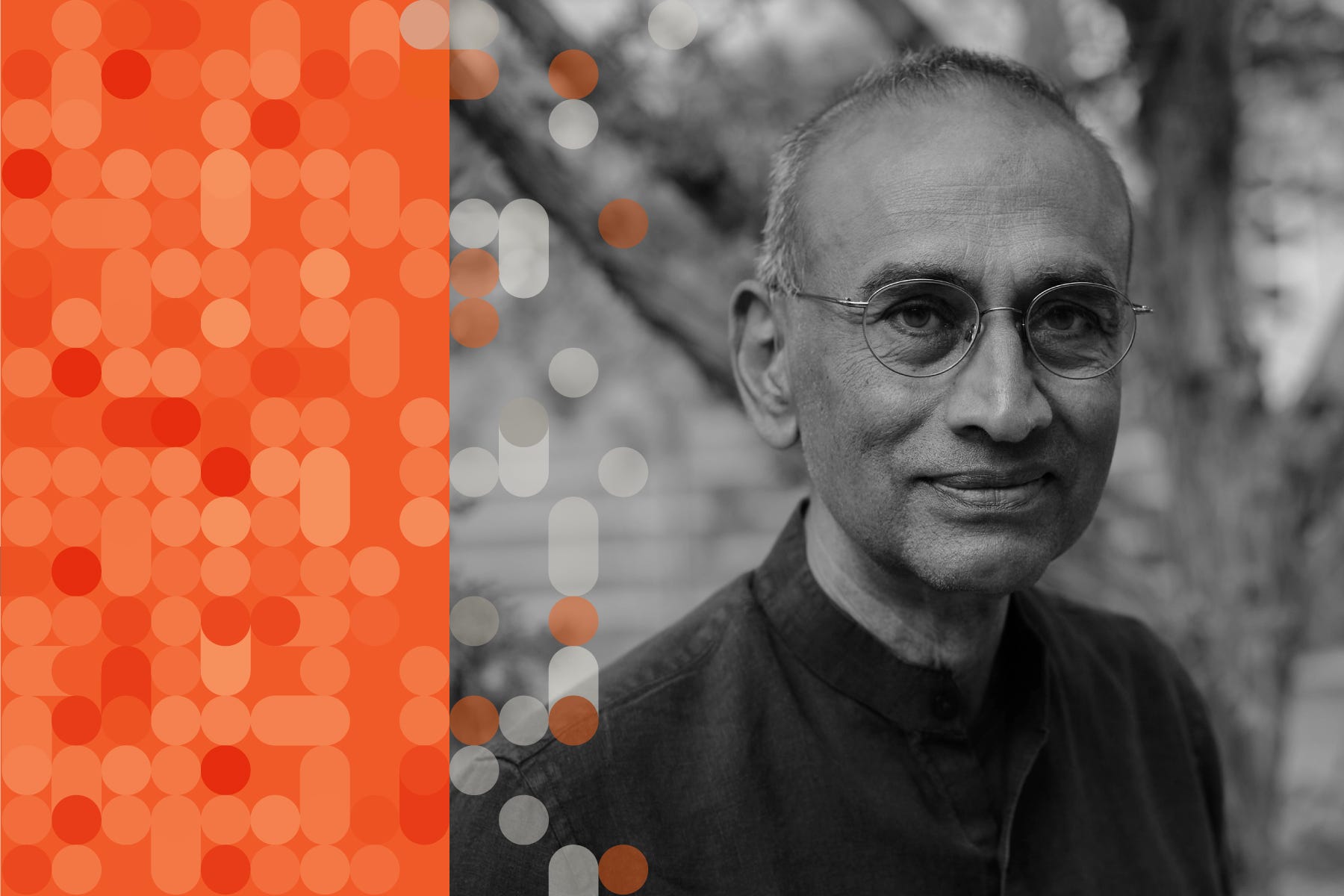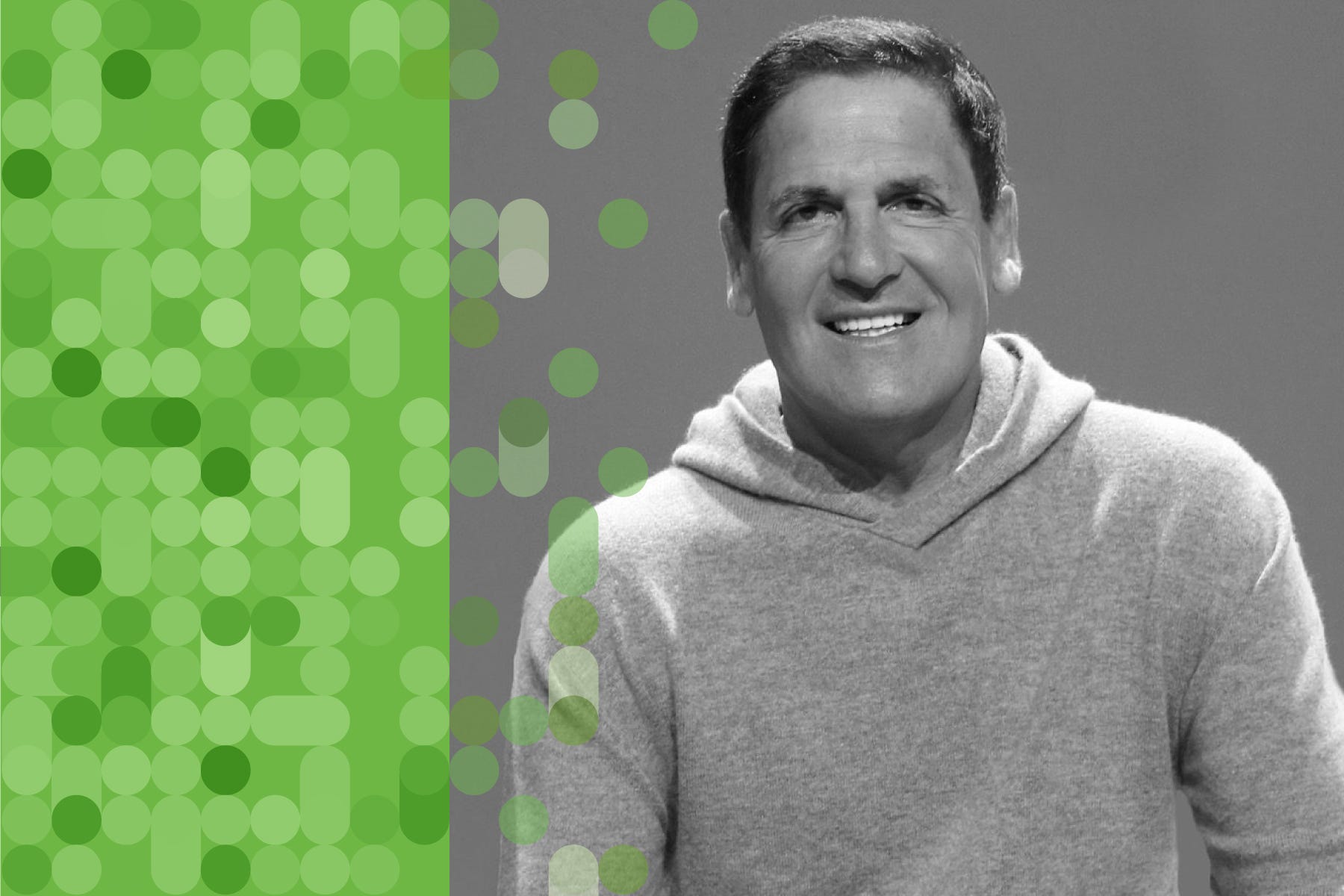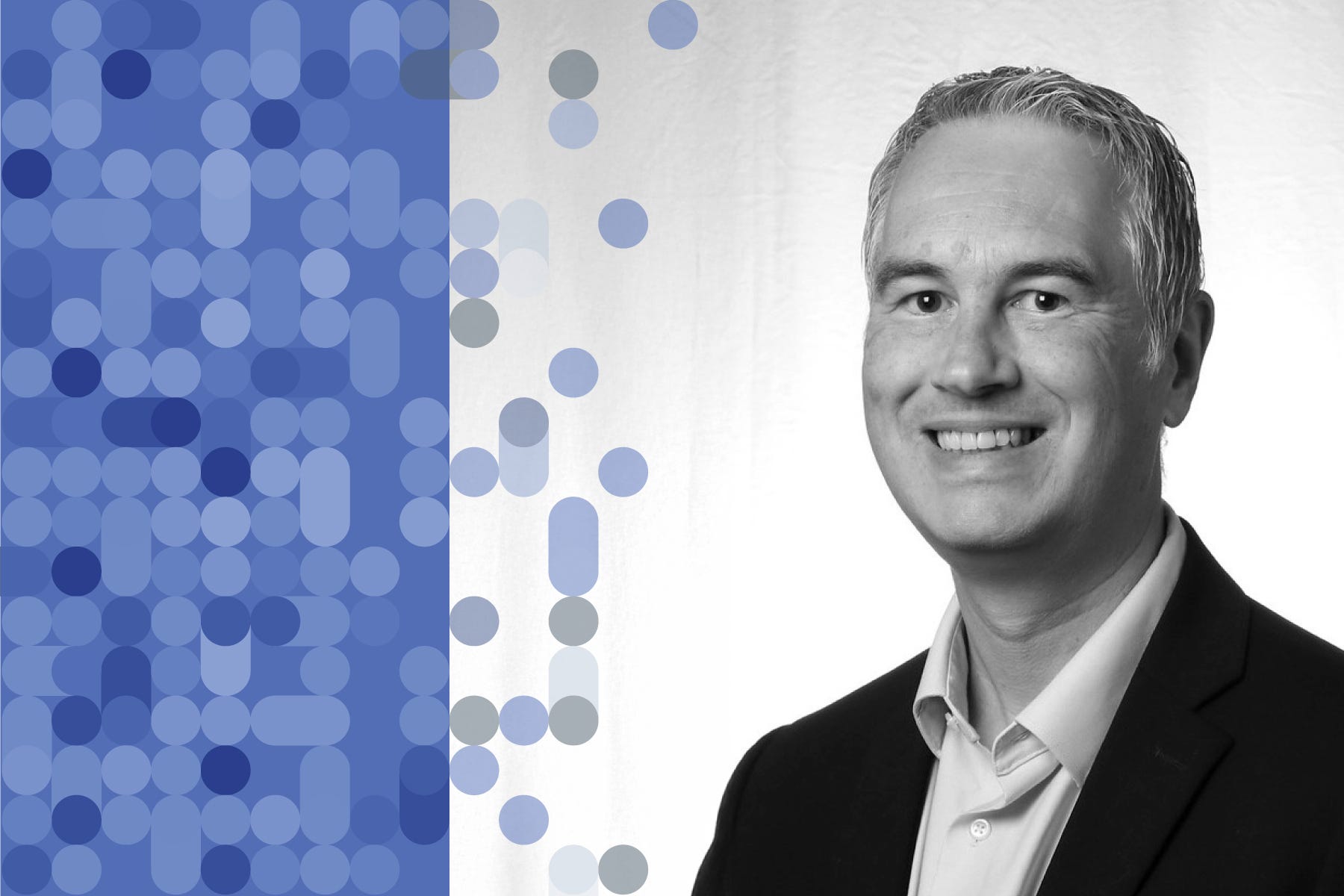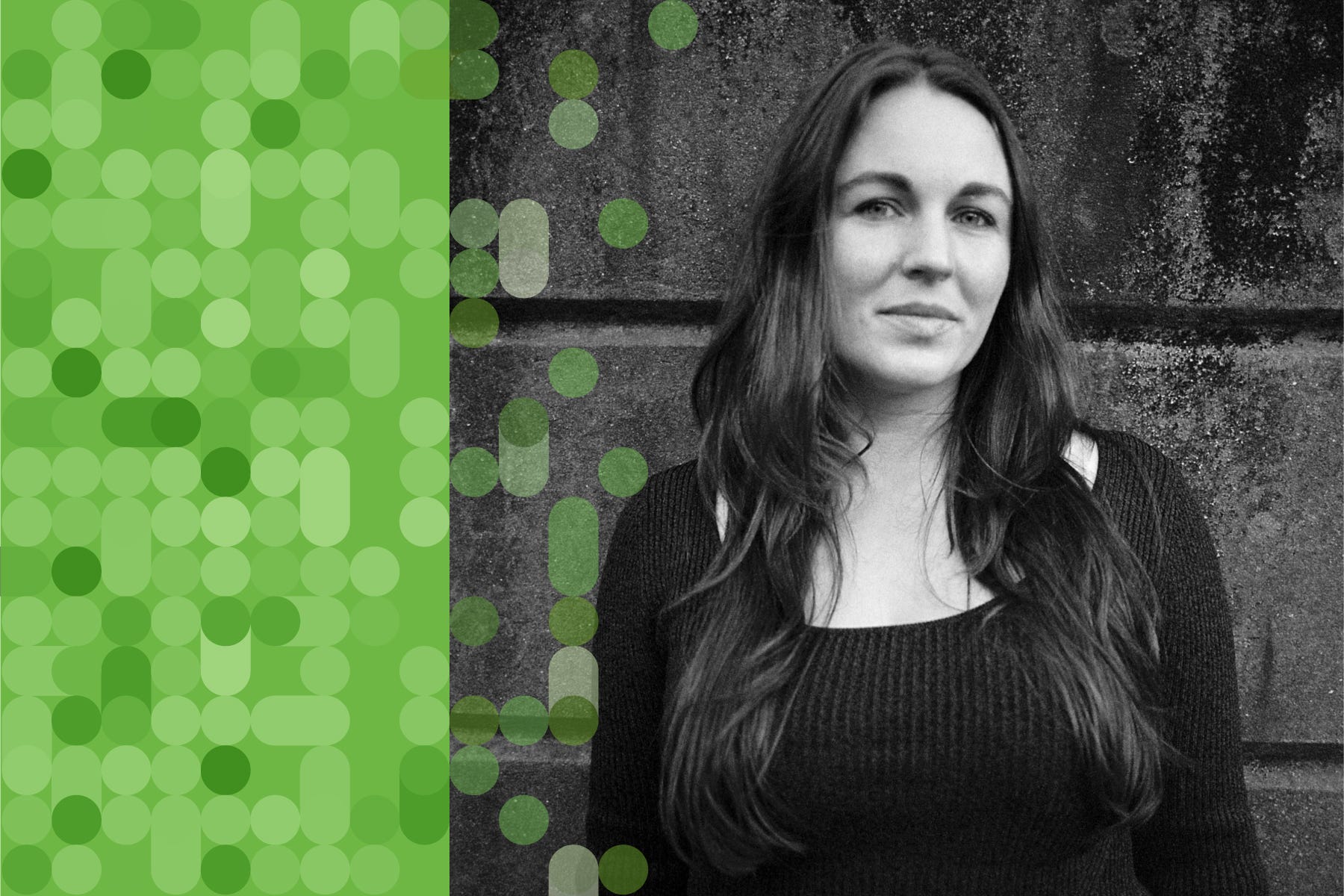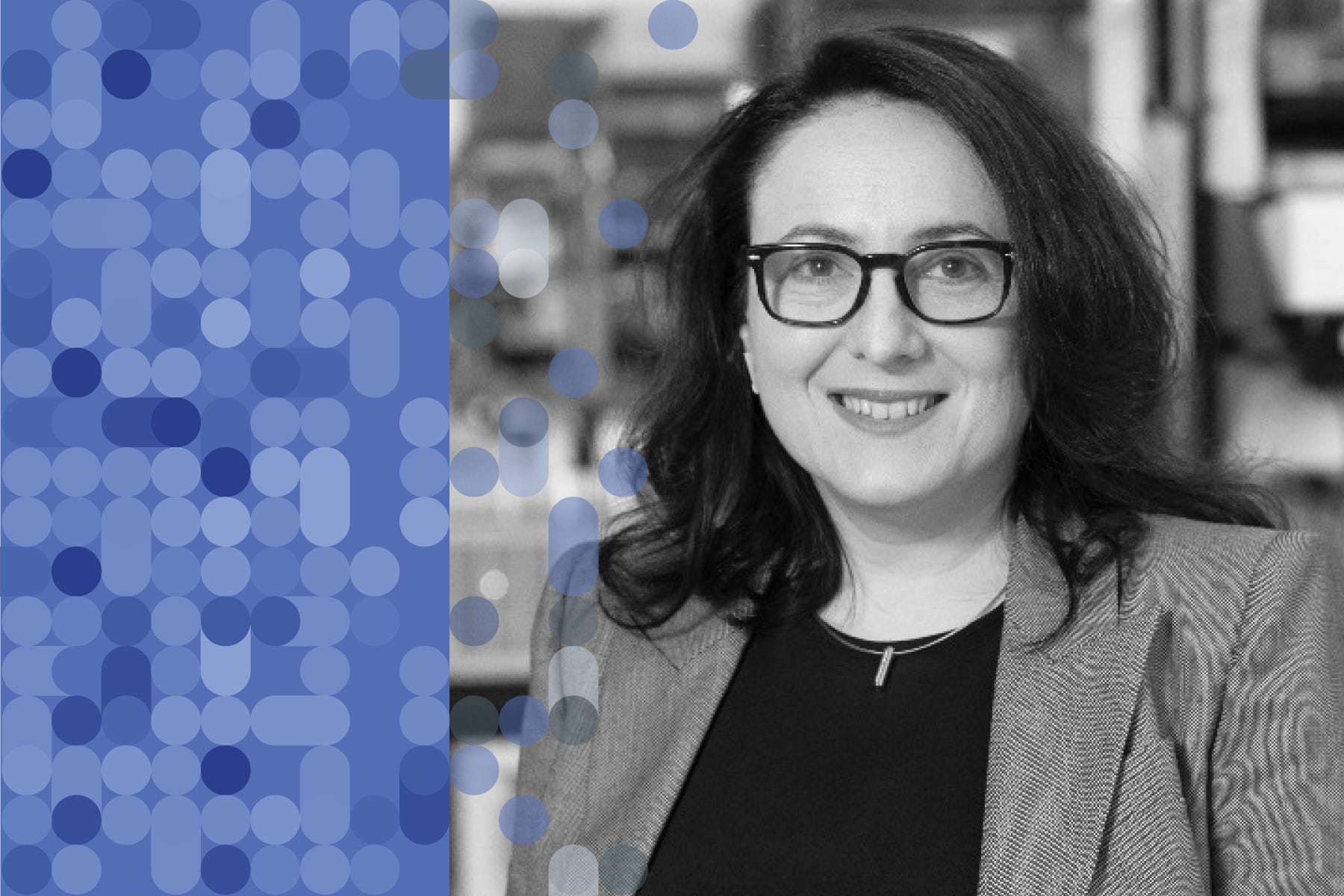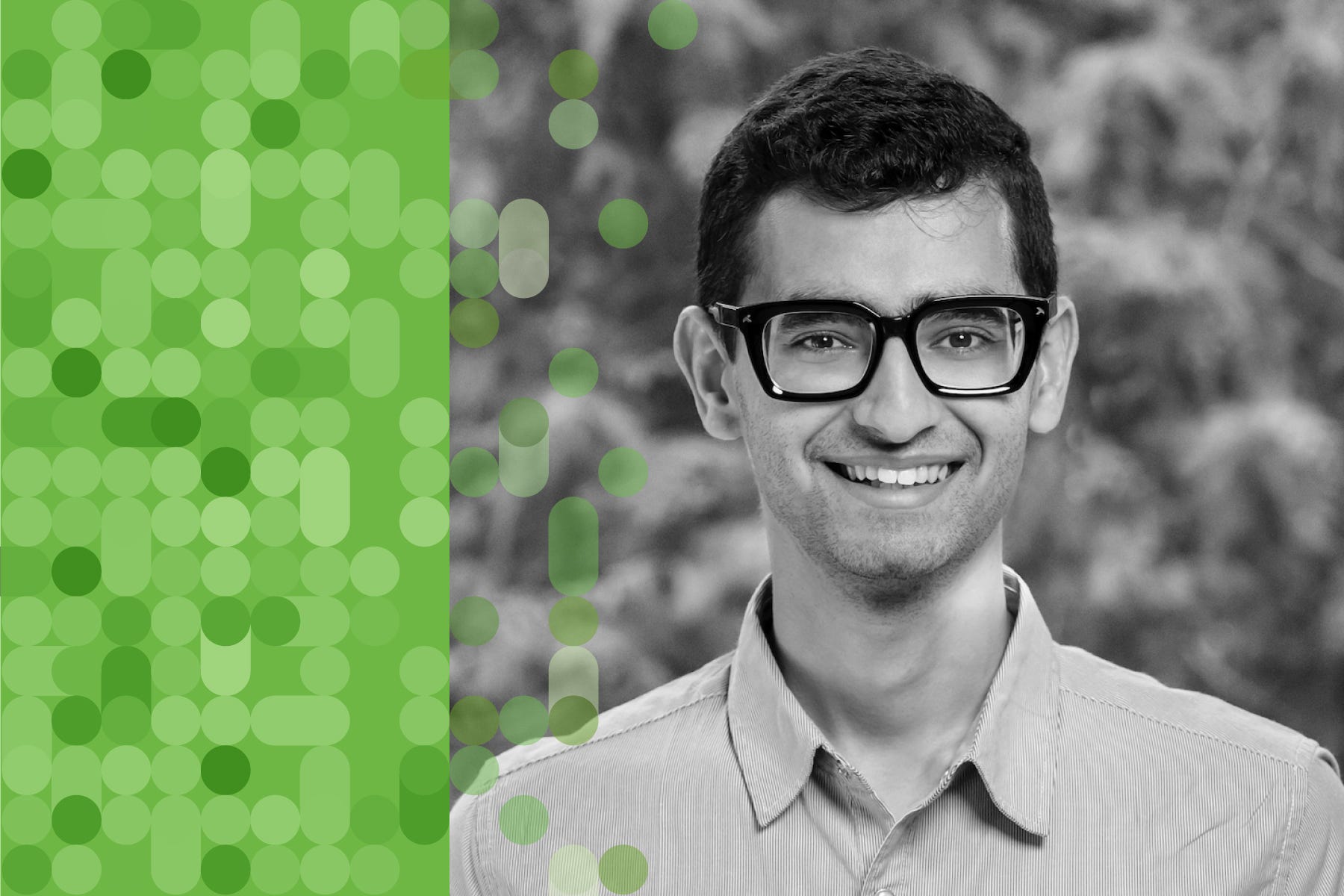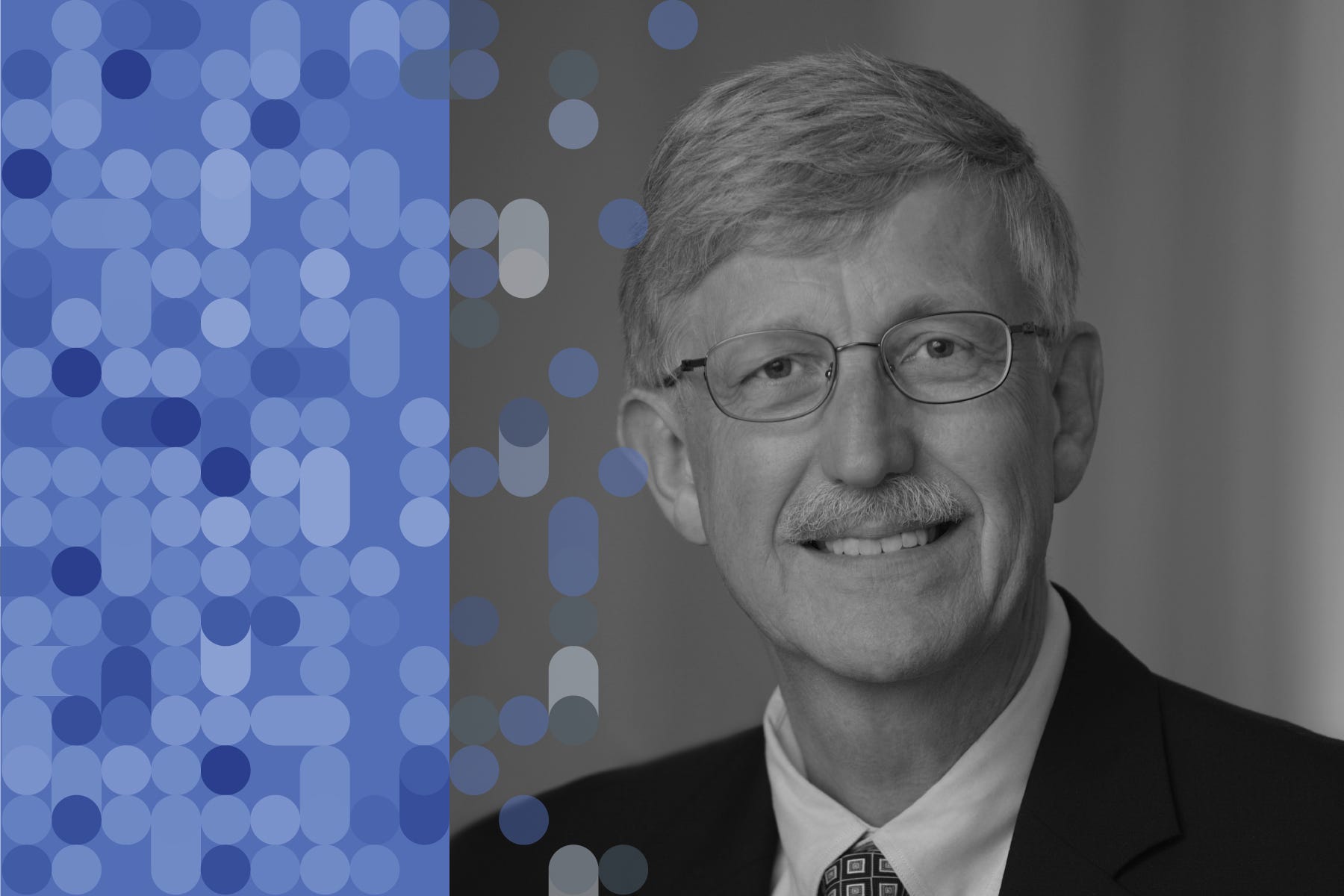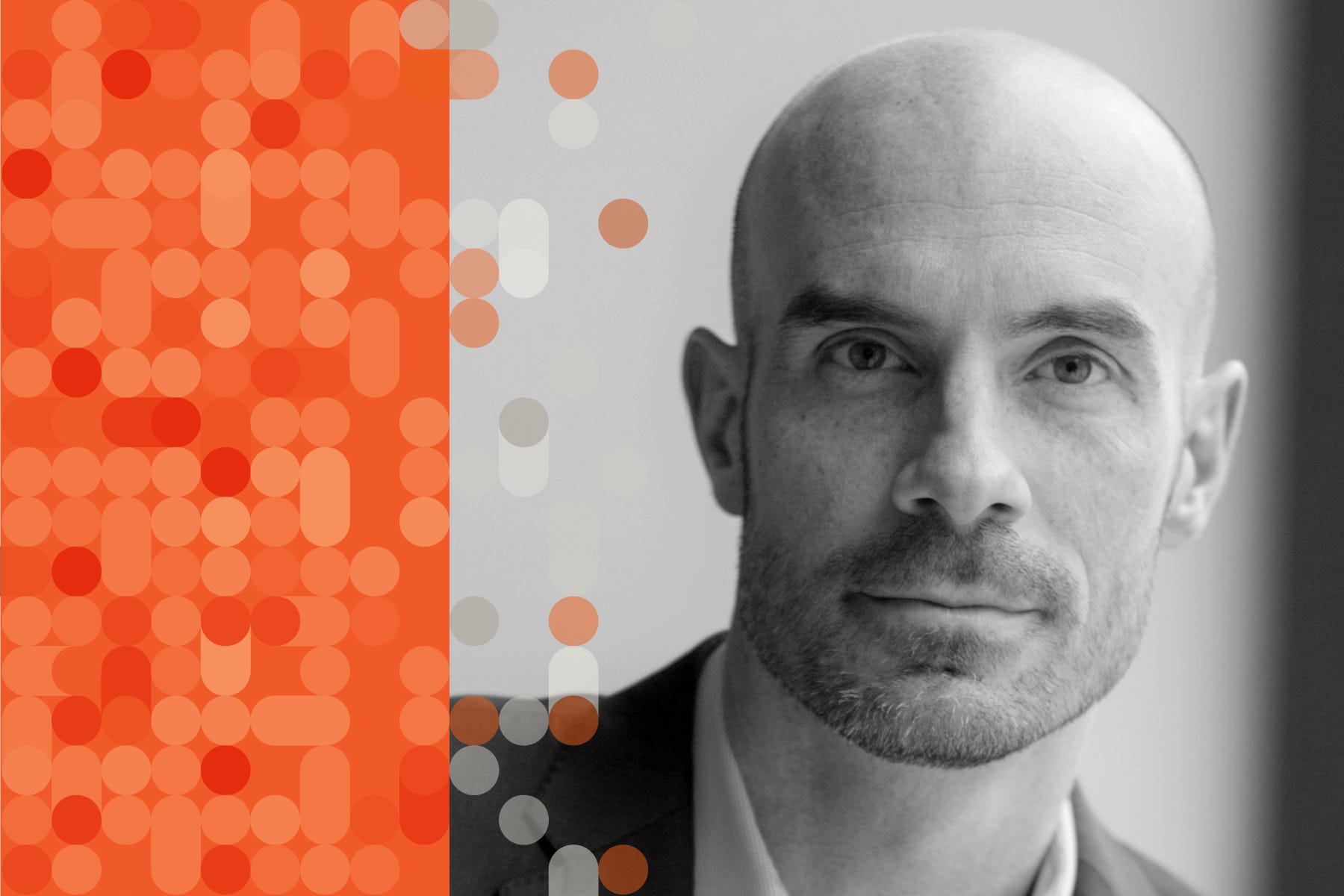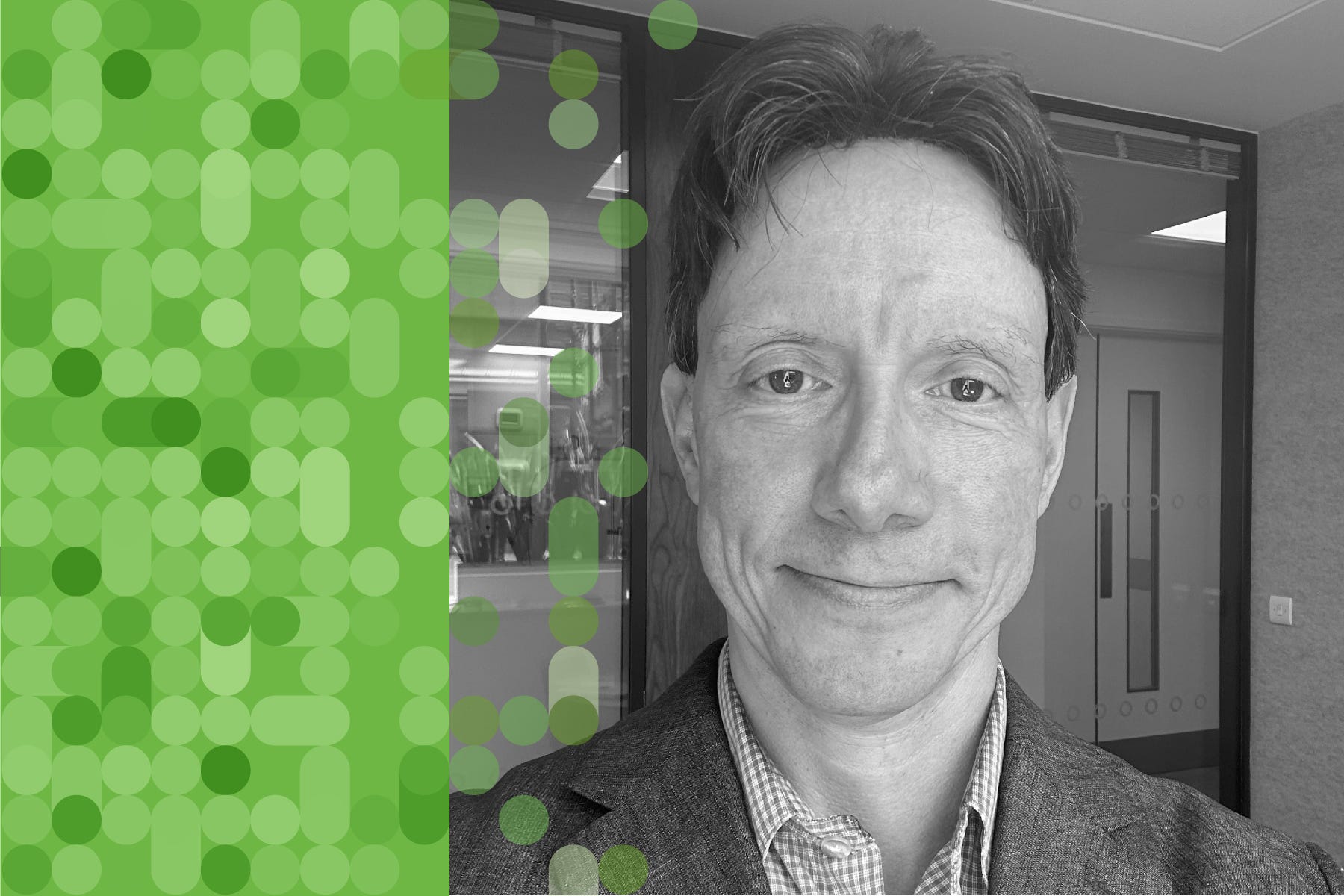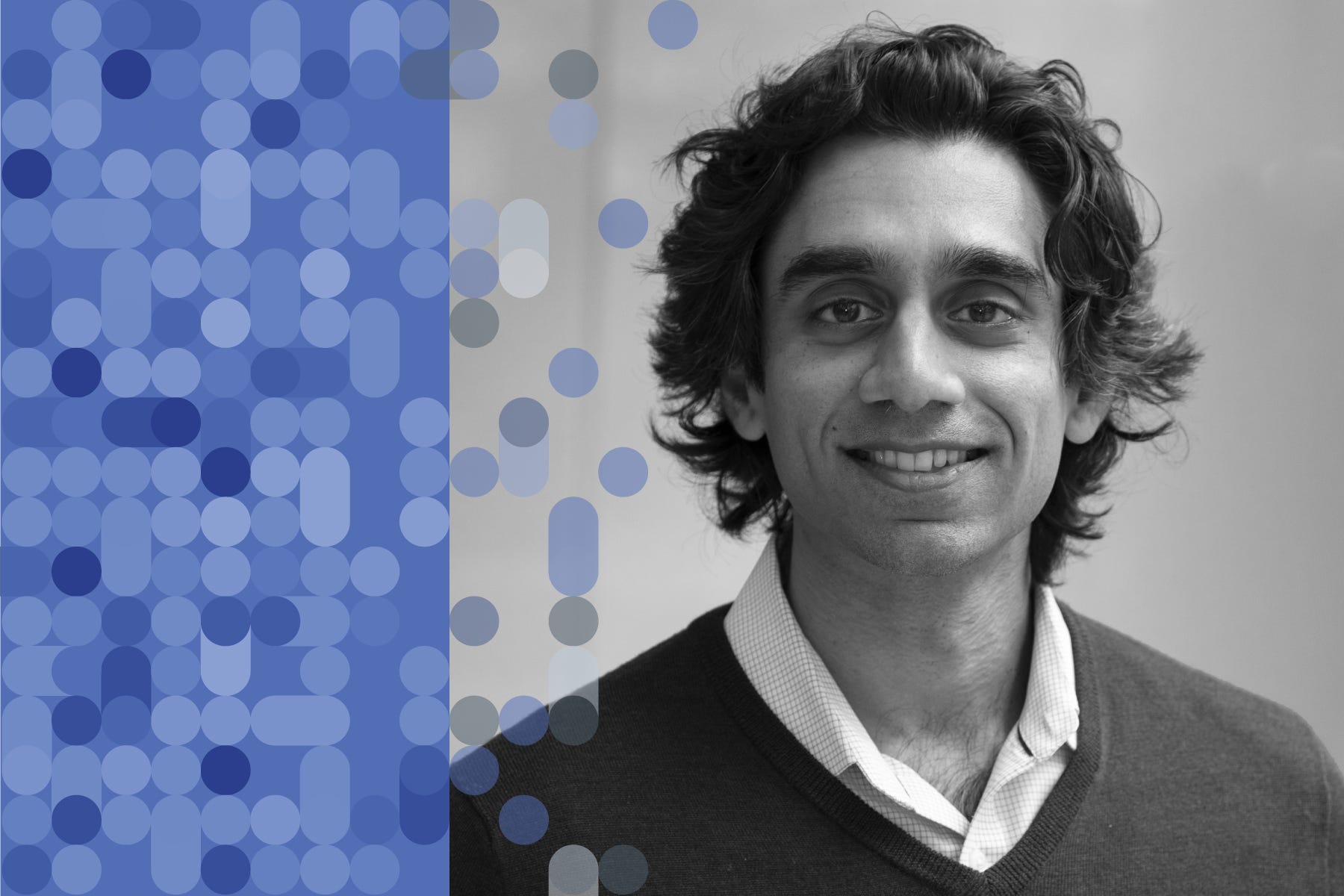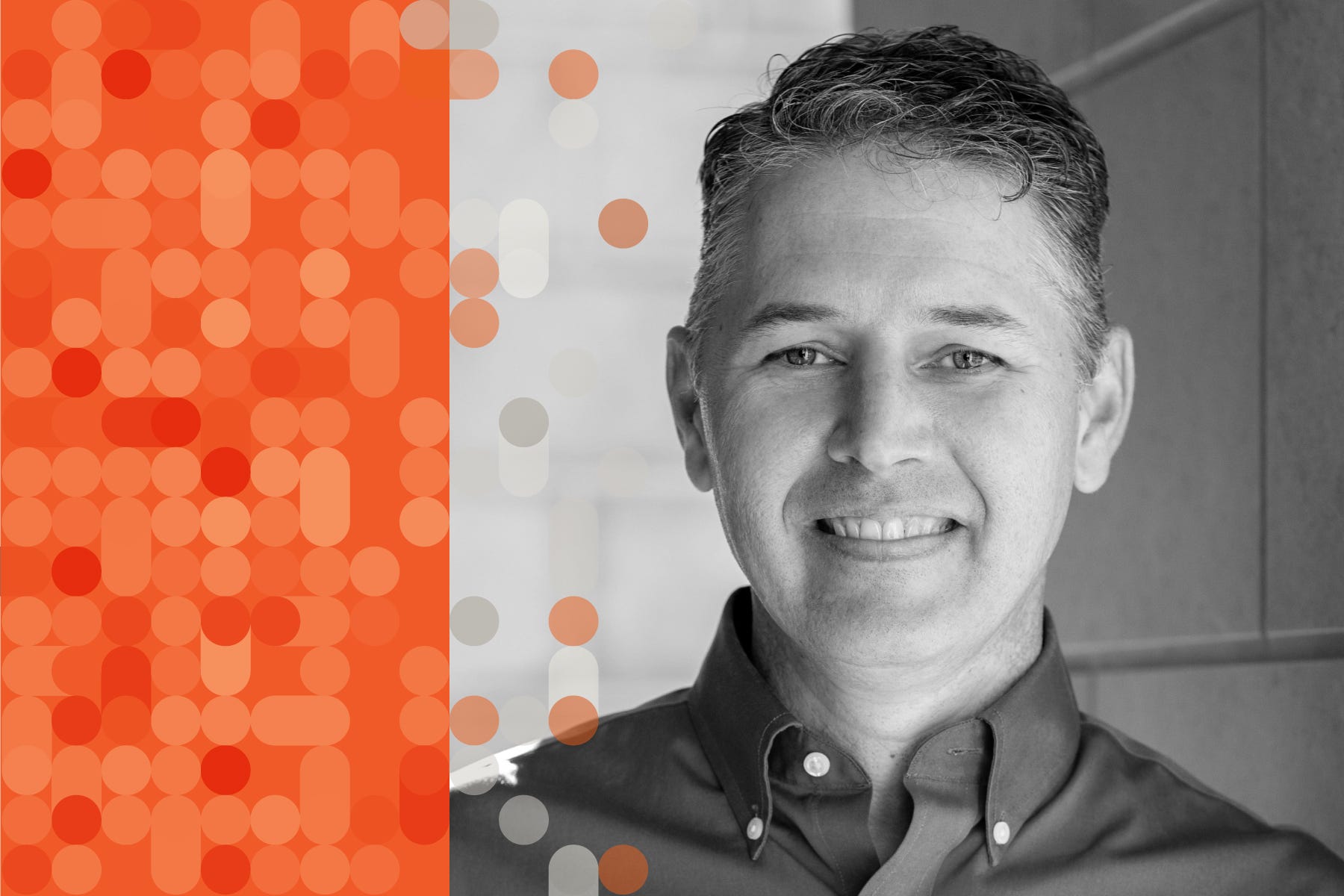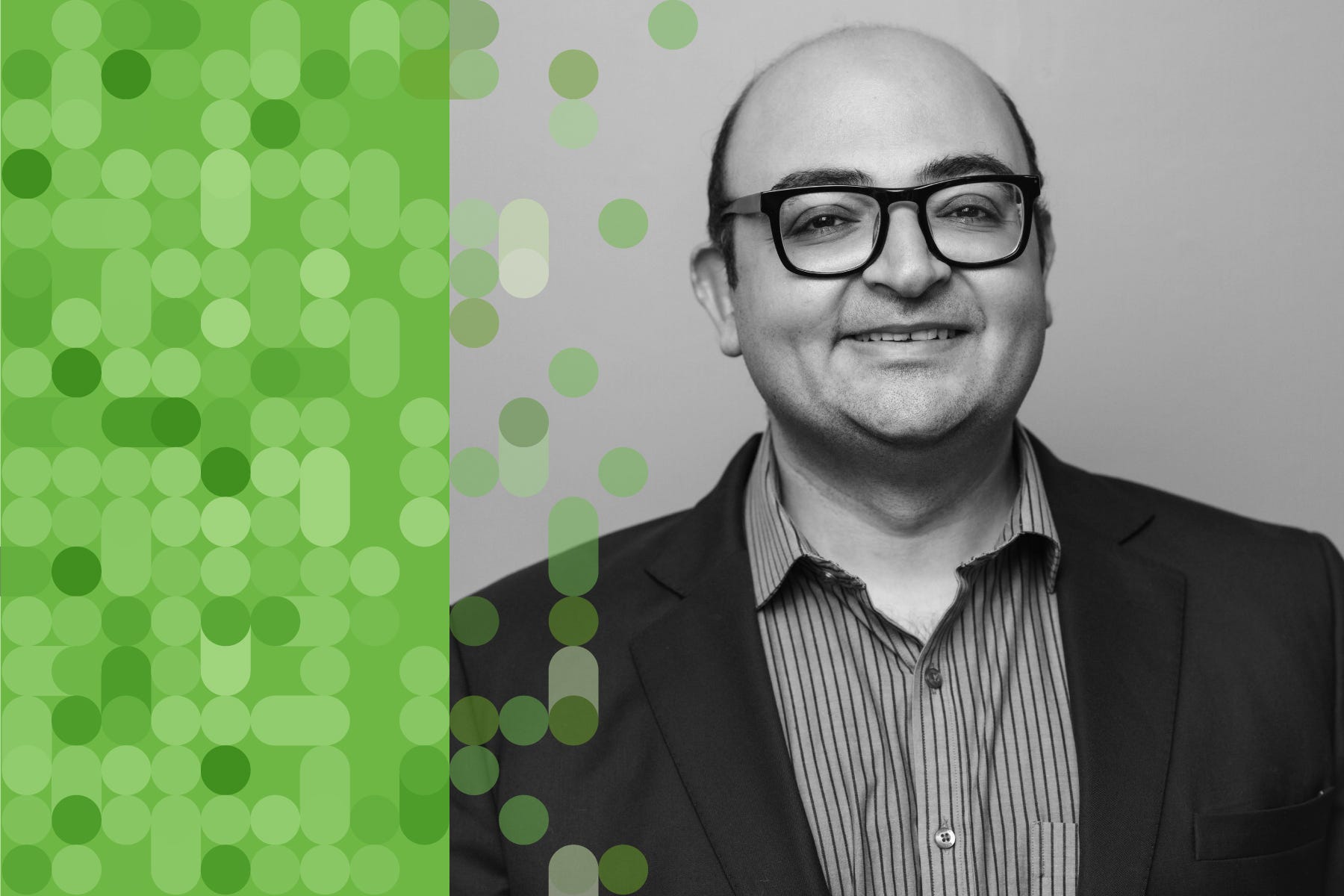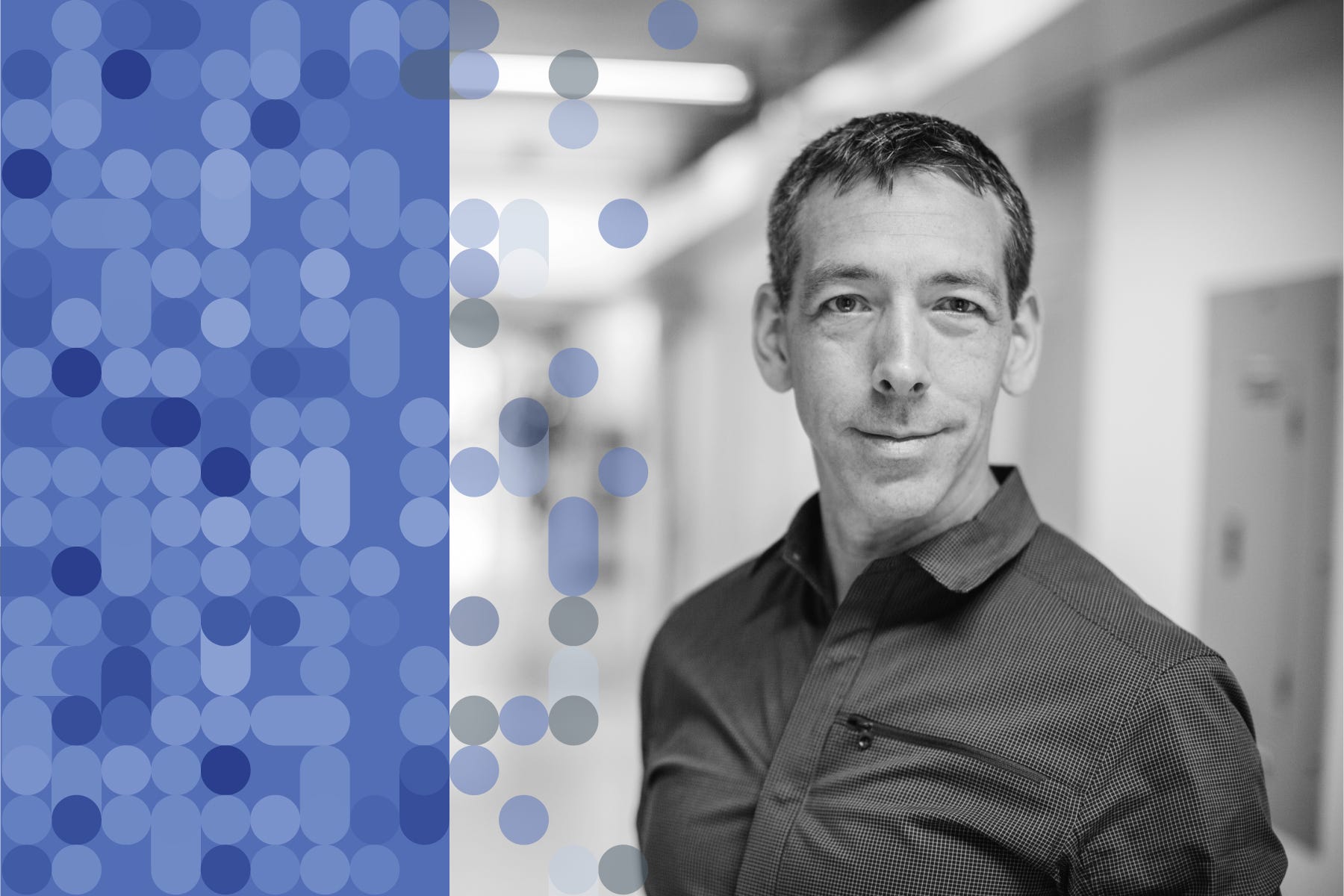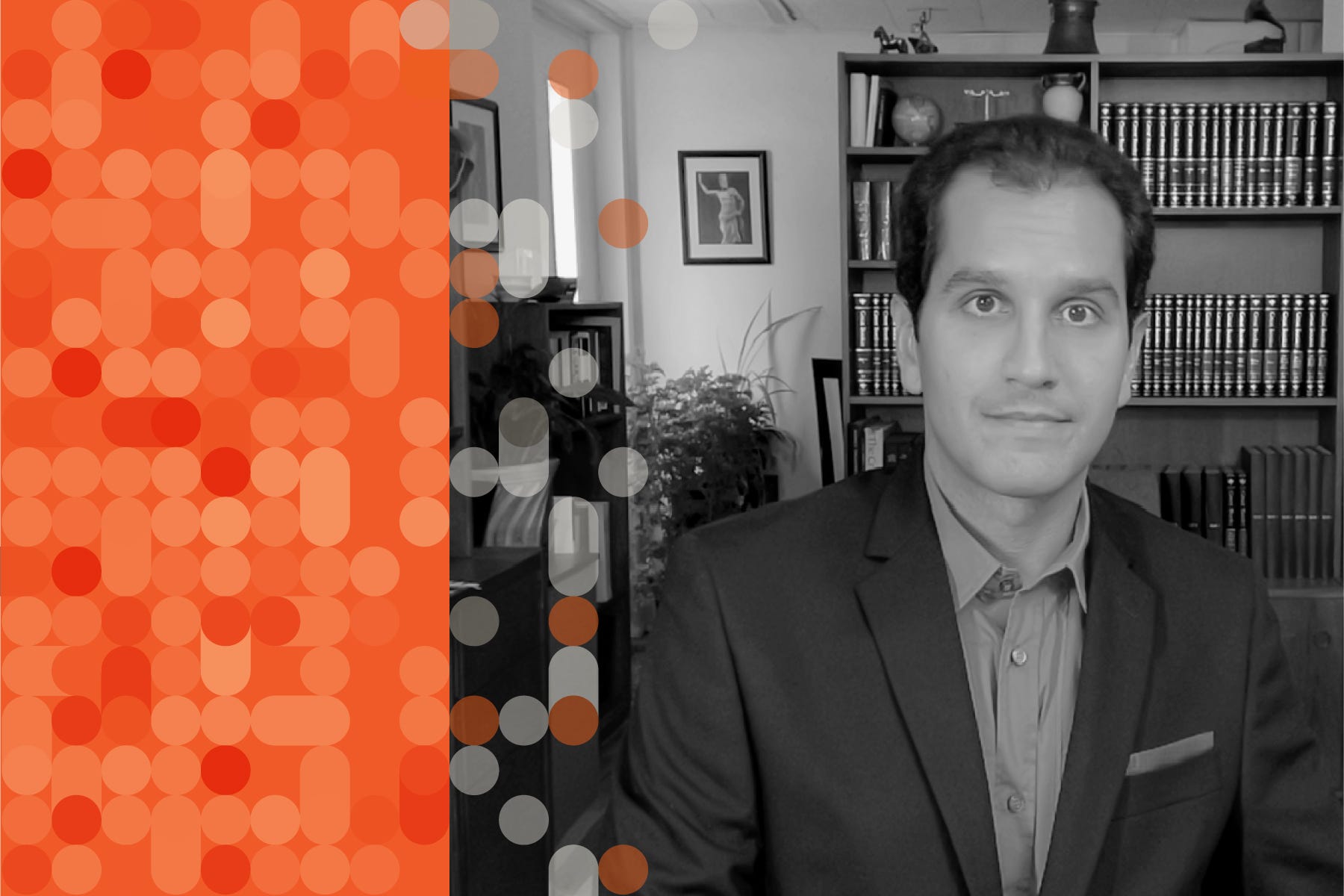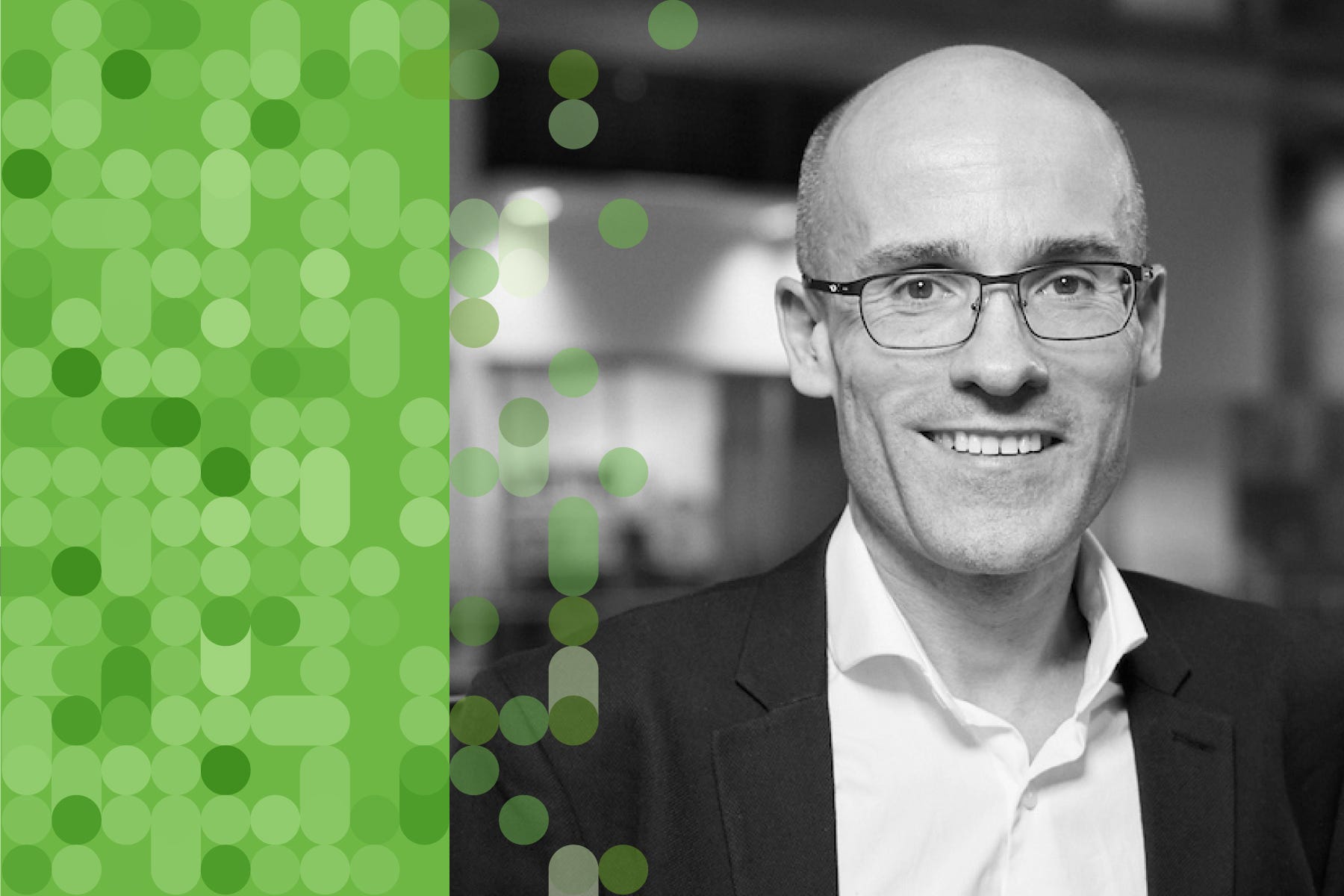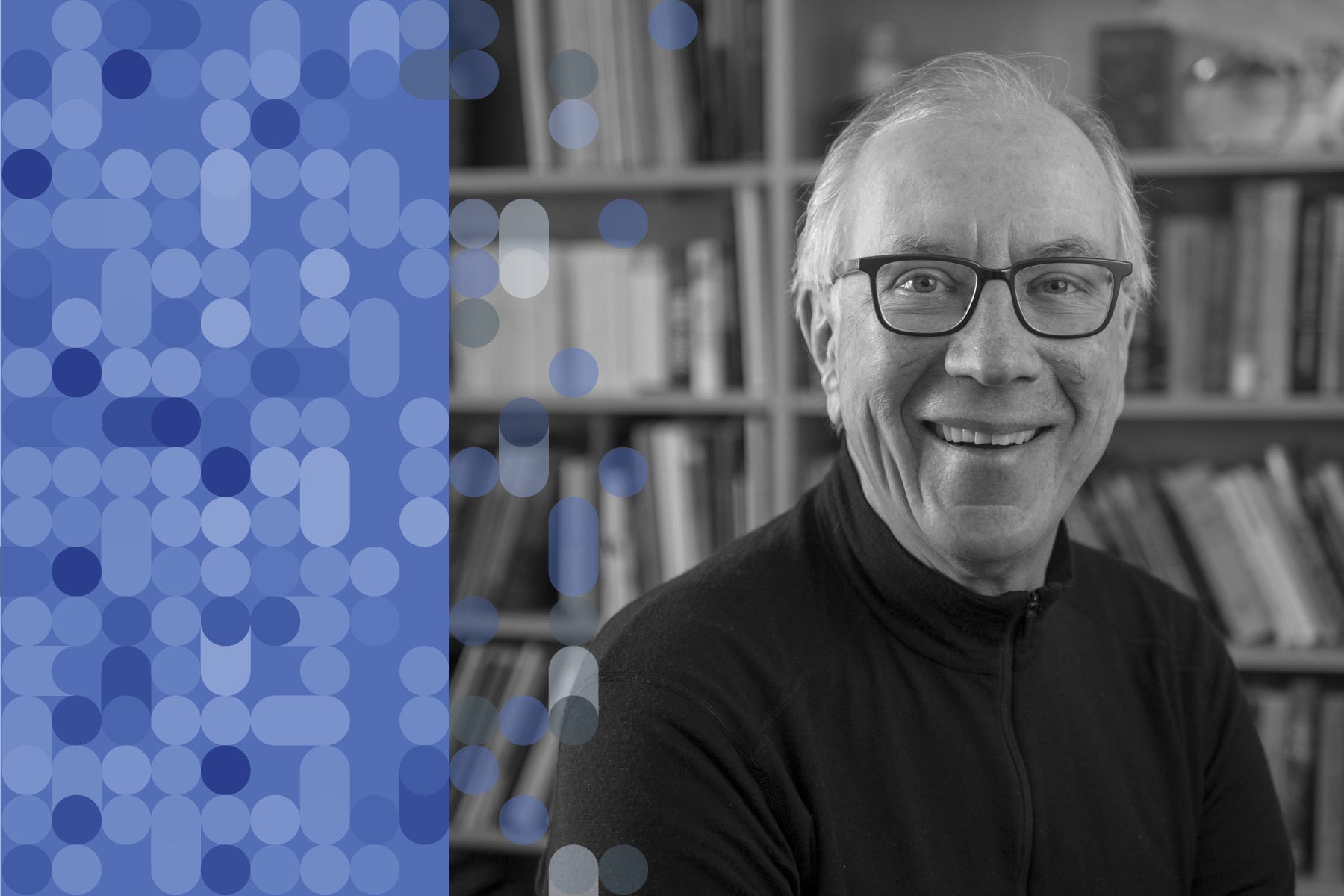Venki Ramakrishnan: The New Science of Aging
Description
Professor Venki Ramakrishnan, a Nobel laureate for his work on unraveling the structure of function of the ribosome, has written a new book WHY WE DIE which is outstanding. Among many posts and recognitions for his extraordinary work in molecular biology, Venki has been President of the Royal Society, knighted in 2012, and was made a Member of the Order of Merit in 2022. He is a group leader at the MRC Laboratory of Molecular Biology research institute in Cambridge, UK.
A brief video snippet of our conversation below. Full videos of all Ground Truths podcasts can be seen on YouTube here. The audios are available on Apple and Spotify.
Transcript with links to audio and external links
Eric Topol (00:06 ):
Hello, this is Eric Topol with Ground Truths, and I have a really special guest today, Professor Venki Ramakrishnan from Cambridge who heads up the MRC Laboratory of Molecular Biology, and I think as you know a Nobel laureate for his seminal work on ribosomes. So thank you, welcome.
Venki Ramakrishnan (00:29 ):
Thank you. I just want to say that I'm not the head of the lab. I'm simply a staff member here.
Eric Topol (00:38 ):
Right. No, I don't want to give you more authority than you have, so that was certainly not implied. But today we're here to talk about this amazing book, Why We Die, which is a very provocative title and it mainly gets into the biology of aging, which Venki is especially well suited to be giving us a guided tour and his interpretations and views. And I read this book with fascination, Venki. I have three pages of typed notes from your book.
The Compression of Morbidity
Eric Topol (01:13 ):
And we could talk obviously for hours, but this is fascinating delving into this hot area, as you know, very hot area of aging. So I thought I'd start off more towards the end of the book where you kind of get philosophical into the ethics. And there this famous concept by James Fries of compression of morbidity that's been circulating for well over two decades. That's really the big question about all this aging effort. So maybe you could give us, do you think there is evidence for compression of morbidity so that you can just extend healthy aging and then you just fall off the cliff?
Venki Ramakrishnan (02:00 ):
I think that's the goal of most of the sort of what I call the saner end of the aging research community is to improve our health span. That is the number of years we have healthy lives, not so much to extend lifespan, which is how long we live. And the idea is that you take those years that we now spend in poor health or decrepitude and compress them down to just very short time, so you're healthy almost your entire life, and then suddenly go into a rapid decline and die. Now Fries who actually coined that term compression or morbidity compares this to the One-Hoss Shay after poem by Oliver Wendell Holmes from the 19th century, which is about this horse carriage that was designed so perfectly that all its parts wore out equally. And so, a farmer was riding along in this carriage one minute, and the next minute he found himself on the ground surrounded by a heap of dust, which was the entire carriage that had disintegrated.
Venki Ramakrishnan (03:09 ):
So the question I would ask is, if you are healthy and everything about you is healthy, why would you suddenly go into decline? And it's a fair question. And every advance we've made that has kept us healthier in one respect or another. For example, tackling diabetes or tackling heart disease has also extended our lifespan. So people are not living a bigger fraction of their lives healthily now, even though we're living longer. So the result is we're spending the same or even more number of years with one or more health problems in our old age. And you can see that in the explosion of nursing homes and care homes in almost all western countries. And as you know, they were big factors in Covid deaths. So I'm not sure it can be accomplished. I think that if we push forward with health, we're also going to extend our lifespan.
Venki Ramakrishnan (04:17 ):
Now the argument against that comes from studies of these, so-called super centenarians and semi super centenarians. These are people who live to be over 105 or 110. And Tom Perls who runs the New England study of centenarians has published findings which show that these supercentenarians live extraordinarily healthy lives for most of their life and undergo rapid decline and then die. So that's almost exactly what we would want. So they have somehow accomplished compression of morbidity. Now, I would say there are two problems with that. One is, I don't know about the data sample size. The number of people who live over 110 is very, very small. The other is they may be benefiting from their own unique genetics. So they may have a particular combination of genetics against a broad genetic background that's unique to each person. So I'm not sure it's a generally translatable thing, and it also may have to do with their particular life history and lifestyle. So I don't know how much of what we learned from these centenarians is going to be applicable to the population as a whole. And otherwise, I don't even know how this would be accomplished. Although some people feel there's a natural limit to our biology, which restricts our lifespan to about 115 or 120 years. Nobody has lived more than 122. And so, as we improve our health, we may come up against that natural limit. And so, you might get a compression of morbidity. I'm skeptical. I think it's an unsolved problem.
Eric Topol (06:14 ):
I think I'm with you about this, but there's a lot of conflation of the two concepts. One is to suppress age related diseases, and the other is to actually somehow modulate control the biologic aging process. And we lump it all together as you're getting at, which is one of the things I loved about your book is you really give a balanced view. You present the contrarians and the different perspectives, the perspective about people having age limits potentially much greater than 120, even though as you say, we haven't seen anyone live past 122 since 1997, so it's quite a long time. So this, I think, conflation of what we do today as far as things that will reduce heart disease or diabetes, that’s age related diseases, that's very different than controlling the biologic aging process. Now getting into that, one of the things that's particularly alluring right now, my friend here in San Diego, Juan Carlos Belmonte, who went over from Salk, which surprised me to the Altos Labs, as you pointed on in the book.
Venki Ramakrishnan (07:38 ):
I'm not surprised. I mean, you have a huge salary and all the resources you want to carry out the same kind of research. I wouldn't blame any of these guys.
Rejuvenating Animals With Yamanaka Factors
Eric Topol (07:50 ):
No, I understand. I understand. It's kind of like the LIV Golf tournament versus the PGA. It's pretty wild. At any rate, he's a good friend of mine, and I visited with him recently, and as you mentioned, he has over a hundred people working on this partial epigenetic reprogramming. And just so reviewing this for the uninitiated is giving the four Yamanaka transcription fact

